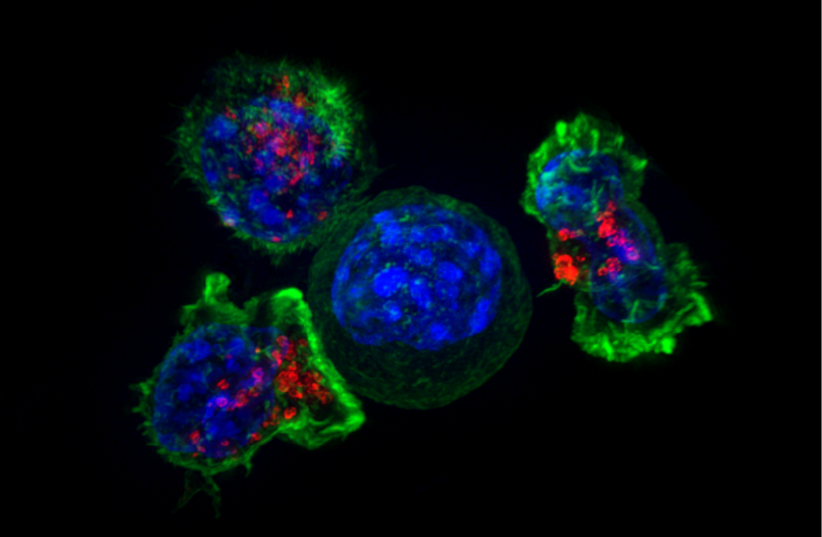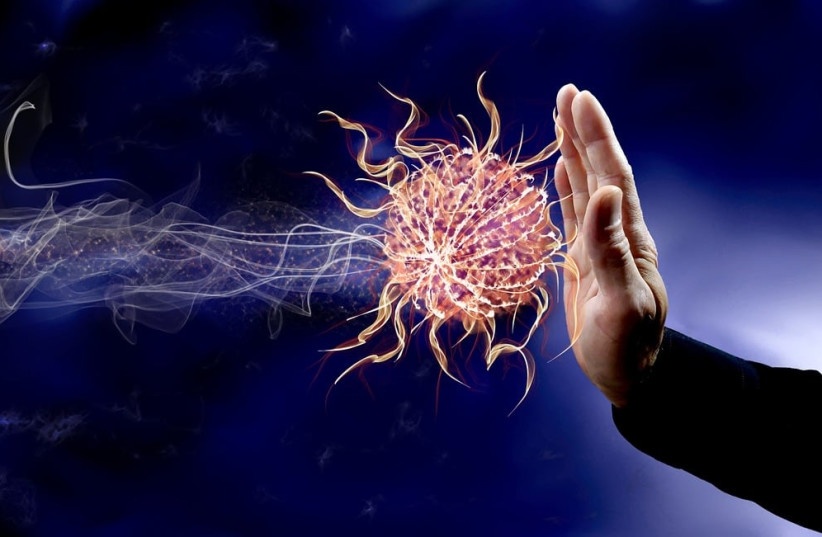
Cancer treatments have seen remarkable advancements, but the side effects remain a significant concern. A staggering 90% of patients undergoing targeted therapy develop skin toxicity, leading to severe facial rashes. However, a groundbreaking solution has emerged from the Hebrew University and Hadassah-University Medical Center in Jerusalem.
Researchers have developed a cream specifically designed to treat the severe side effects of targeted cancer treatment, significantly enhancing patients' quality of life. With cancer patients often living with their disease for extended periods, the focus on their emotional well-being and overall life quality has become paramount.
The new study, led by Dr. Sharon Merims and Prof. Ofra Benny, was recently published in Science Translational Medicine. It details a novel development that alleviates skin toxicity, improving patients' comfort during their arduous battle against cancer.
Targeted oncology treatments aim to block specific receptors on tumours, delaying cancer cell growth and regressing the disease. However, these receptors are also found in healthy skin cells, leading to skin toxicity as a common side effect.
For cancers like colon and head-and-neck cancer, the treatment protocol blocks a specific receptor for the EGFR pathway, crucial for cancerous cell growth. Unfortunately, this also affects healthy skin cells, resulting in severe facial rashes in 90% of patients. These rashes not only cause physical discomfort but also impact patients' emotional well-being and willingness to continue treatment.
Until now, no efficient treatment has been available for these severe rashes. The new study, however, has found a solution: a cream with an active component that blocks the cancer treatment drug's pathway to the EGFR receptor. This prevents damage to healthy skin cells without hindering cancer treatment.

The researchers faced challenges in transmitting drugs to the deep layers of skin affected by toxicity. They overcame this by utilising a special transmission mechanism using nano-molecules to deliver the drug to the hair follicles, where most skin damage occurs.
This innovative approach enables cancer treatment while neutralising skin damage, preventing skin toxicity, and the ensuing rashes. It marks a significant step forward in cancer care, preserving patients' quality of life during treatment.